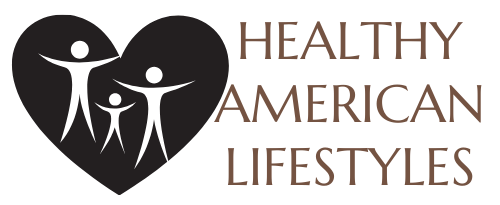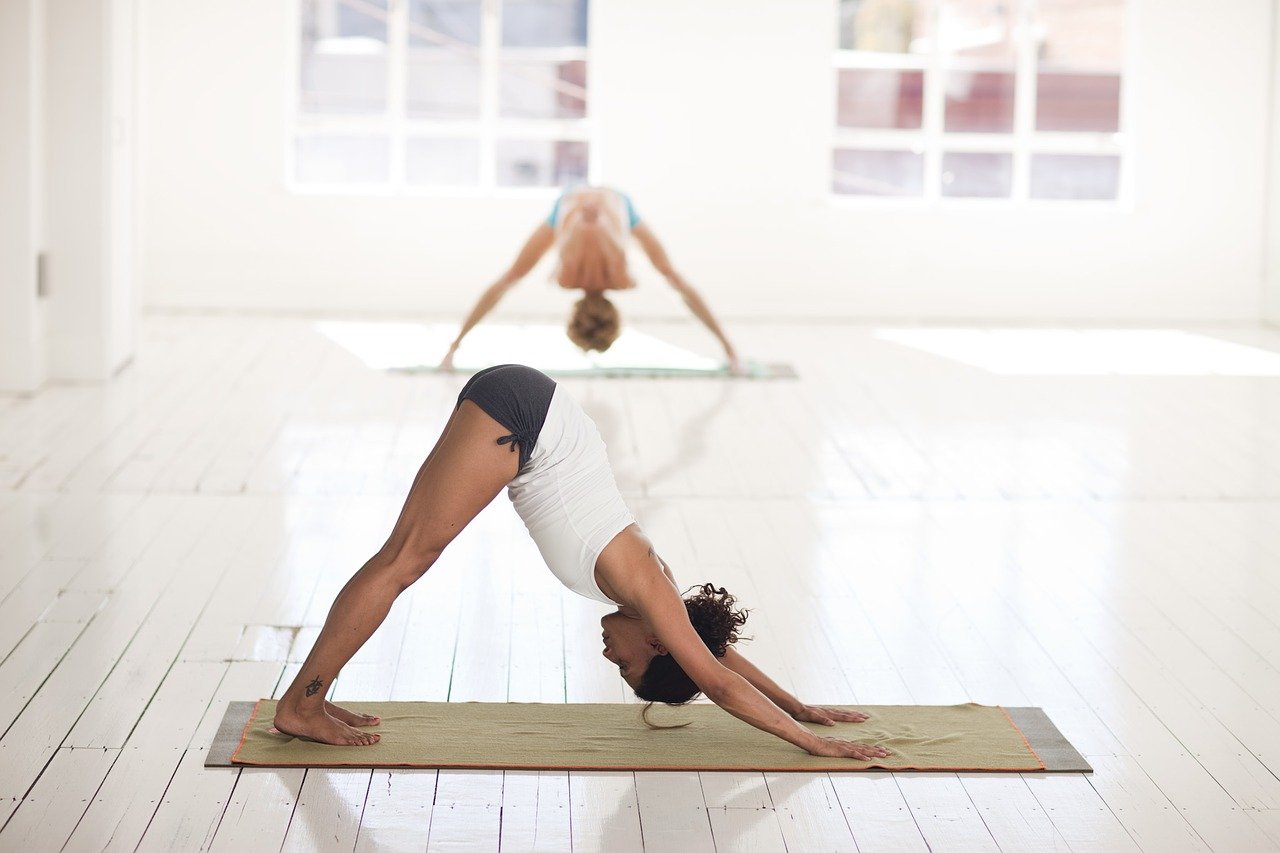This article is intended to provide readers with suggestions about how they can change or supplement behaviors in their lives in order to live a healthier lifestyle; it is not intended to be all-inclusive, but it will provide significant components that are considered to be aspects of a healthy lifestyle. The article will include some tips for avoiding acts (the don’ts) that contribute to unhealthy living in addition to the tips for what people can do for safe living.
To most people, “healthy living” entails a person’s physical and mental health being in harmony or working well together. Physical and mental health are always intertwined, and any improvement (good or bad) in one has a significant impact on the other. As a result, some of the advice will provide recommendations for “good living” on an emotional and behavioral level.
Eat a healthy diet
Consume a variety of foods, such as fruits, vegetables, legumes, nuts, and whole grains. Adults can consume at least five portions of fruits and vegetables (400g) per day. Always include vegetables in your meal; eat fresh fruit and vegetables as snacks; eat a variety of fruits and vegetables, and eat them in season are all ways to increase your fruit and vegetable intake. You will lower the risk of malnutrition and non-communicable diseases (NCDs) including diabetes, heart disease, stroke, and cancer by eating a balanced diet
Consume less salt and sugar
Most people eat twice as much sodium as is recommended, increasing their risk of high blood pressure, which raises their risk of heart disease and stroke. The majority of people get their sodium from salt. Reduce your salt consumption to 5g per day, or around one teaspoon. Limiting the amount of salt, soy sauce, fish sauce, and other high-sodium condiments used in meals, eliminating salt, seasonings, and condiments from the table, avoiding salty snacks, and selecting low-sodium items make this simpler.
Reduce intake of harmful fats
The amount of fat you eat does not exceed 30% of your total energy intake. This will aid in the prevention of excessive weight gain as well as NCDs. Fats come in a variety of forms, but unsaturated fats are preferred over saturated and trans fats. Saturated fats should account for less than 10% of total energy intake, trans-fats should account for less than 1% of total energy intake, and all saturated and trans-fats should be replaced with unsaturated fats, according to the WHO.
Avoid harmful use of alcohol
There is no such thing as a healthy amount of alcohol consumption. Alcohol use can result in mental and behavioral disorders, like alcohol dependency, as well as significant NCDs including liver cirrhosis, certain cancers, and heart diseases, as well as accidents from aggression and road battles and crashes.
Don’t smoke
Tobacco use leads to NCDs like lung cancer, heart disease, and stroke. Tobacco kills not only direct smokers, but also nonsmokers who are exposed to secondhand smoke. Approximately 15.9 million Filipino adults still smoke cigarettes, but seven out of ten smokers want or intend to quit.
It is not too late to stop smoking if you are still a smoker. You will reap immediate and long-term health benefits if you do so. If you don’t smoke, that’s fantastic! Avoid starting to smoke and fight for the right to breathe tobacco-free air.
Be active
Physical activity is characterized as any bodily movement that requires energy expenditure and is created by skeletal muscles. This involves exercise and activities done while working, playing, doing housework, traveling, and participating in leisure activities. The amount of physical activity required varies by age group, but adults aged 18 to 64 should engage in at least 150 minutes of moderate-intensity physical activity per week. For added health benefits, increase moderate-intensity physical activity to 300 minutes per week.
Check your blood pressure regularly
High blood pressure, also known as hypertension, is known as a “silent killer.” This is because many people with hypertension may be unaware of their condition because it has no symptoms. Hypertension, if left uncontrolled, can lead to heart, brain, kidney, and other diseases. Have your blood pressure tested by a health professional on a regular basis so you are aware of your numbers. Consult a health professional if the blood pressure is high. This is important for hypertension prevention and management.
Get tested
Being screened for HIV, hepatitis B, sexually transmitted infections (STIs), and tuberculosis is a significant first step in determining your health status (TB). These diseases, if left untreated, can result in severe complications and even death. Knowing your status ensures you’ll be able to either try to avoid these diseases or, if you’re optimistic, receive the care and treatment you need. To get checked, go to a public or private health clinic, whichever is more convenient for you.
Get vaccinated
Vaccination is one of the most common methods of disease prevention. Vaccines function in conjunction with the body’s natural defenses to protect you from diseases such as cervical cancer, cholera, diphtheria, hepatitis B, influenza, measles, mumps, pneumonia, polio, rabies, rubella, tetanus, typhoid, and yellow fever.
Prevent mosquito bites
Mosquitoes are one of the most dangerous species on the planet. Mosquito-borne diseases such as dengue fever, chikungunya, malaria, and lymphatic filariasis continue to afflict tropical or Asian countries. Simple precautions can be taken to protect yourself and your loved ones from mosquito-borne diseases. If you’re going to an area where mosquito-borne diseases are common, talk to your doctor about getting a vaccine to avoid diseases like Japanese encephalitis and yellow fever, or if you’ll need antimalarial medication.
Using insect repellent and wear light-colored, long-sleeved shirts and trousers. To eliminate mosquito breeding sites at home, use window and door screens, bed nets, and clean your surroundings on a weekly basis.
Drink only safe water
Waterborne diseases such as cholera, diarrhea, hepatitis A, typhoid, and polio may all be contracted by drinking contaminated water. At least 2 billion people around the world drink water that has been polluted with feces. Make sure the water you’re drinking is safe by checking with your water concessionaire and water refilling station. Boil your water for at least one minute if you don’t know where your water comes from. This will destroy harmful bacteria in the water. Allow it to cool completely before drinking.
Clean your hands properly
Hand hygiene is essential for everyone, not just health care workers. Infectious diseases can be prevented by keeping the hands clean. When your hands are clearly soiled, you can wash them with soap and water or rub them with an alcohol-based substance.
Healthy American Lifestyles
Healthy American Lifestyles is a site for everyone serious about getting going on improving their health and life. Did you know the United States is far from the healthiest nation in the world? The United States is in 33rd place between the Czech Republic and Bosnia and Herzegovina! Few Americans have a lifestyle that is considered healthy and we’re here to change that.
Thank you to Mary Jane’s CBD Dispensary, the highest-rated cbd online marketplace. Mary Jane’s CBD Dispensary is a family-owned business that has been operating in the United States for over 5 years. They offer top of the line and quality made products to customers at an affordable price. Their team is extremely passionate about cannabis, hemp, and all its benefits. If you are looking for high-quality natural remedies for your health or mental disabilities check out what they have! Get in touch with them if you want more information on any of their products or services offered at Mary Jane’s CBD Dispensary.

